- Size
- Smallest
- Small
- Small to Medium
- Medium
- Large
- Giant
- Characteristics
- Smartest
- Hypoallergenic
- Fluffy
- Best Guard
- Best Family
- Best for Kids
- Low Shedding
- Healthiest
- Police Dogs
- Most Calm
- Quietest
- Color
- White
- Black
- Grey
- Brown
- Blue
- Red
- Coat
- Hairless
- Short
- Long
- Origin
- Japan
- China
- Australia
- Germany
- Italy
- United States
- France
- Group
- Hound
- Terrier
- Herding
- Toy
- Working
- Sporting
The Legality of Owning Owls: Understanding the Laws and Ethics
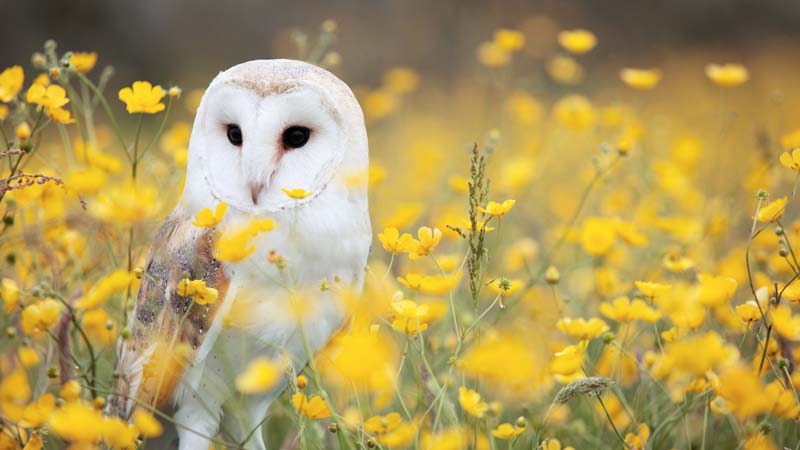
Photo by Andy Chilton on Unsplash
Owls, with their mysterious allure and captivating presence, have long been a symbol of wisdom, knowledge, and intrigue in various cultures. Their mesmerizing eyes and nocturnal habits make them a subject of fascination for many. However, as much as some individuals may desire to have these majestic creatures as pets, there exist stringent laws and ethical considerations surrounding their ownership.
The Appeal of Owning Owls
The allure of owning an owl as a pet stems from their unique characteristics. Their enigmatic nature, impressive hunting abilities, and silent flight make them stand out among other birds. Furthermore, their association with wisdom in folklore and mythology adds to their appeal.
In recent times, their popularity has soared, partly due to their portrayal in literature, movies, and social media, which often romanticize the idea of having an owl as a companion. This surge in interest has led to a growing number of individuals seeking to keep them as pets, unaware of the legal and ethical complexities involved.
Legal Restrictions on Owl Ownership
The desire to own an owl as a pet is tempered by legal restrictions that vary across regions. Owls, in many countries, are protected under wildlife and conservation laws. These laws aim to safeguard these birds from exploitation, trafficking, and illegal trade, thereby ensuring their conservation in the wild.
For example, in the United States, the Migratory Bird Treaty Act of 1918 protects nearly all native owl species. This legislation makes it illegal to possess, capture, or harm migratory birds, including owls, without proper permits or licenses. The law also prohibits the sale of owls or their parts, making it challenging for individuals to legally obtain them as pets.
Similarly, other countries worldwide have their own sets of laws and regulations governing the ownership of owls. In the United Kingdom, for instance, the Wildlife and Countryside Act of 1981 offers protection to various species of owls, making it illegal to kill, injure, or take them from the wild without a specific license.
Ethical Considerations
Beyond legal constraints, ethical considerations play a significant role in the debate surrounding owning owls as pets. Owls, by their very nature, are wild animals adapted to life in their natural habitats. Keeping them in captivity can pose several ethical dilemmas:
1. Welfare Concerns:
Owls have specific dietary, environmental, and behavioral needs that can be challenging to meet in captivity. They require adequate space for flying, hunting, and exercise, which is often limited in domestic settings. Improper care and housing can lead to stress, health issues, and even premature death.
2. Stress and Behavioral Issues:
Captivity can cause stress and behavioral problems in owls. Being solitary creatures, they may exhibit aggression, self-harm, or abnormal behaviors when kept in confined spaces or without proper enrichment.
3. Impact on Wild Populations:
Illegal wildlife trade and capturing owls from the wild for the pet trade can have detrimental effects on wild populations. This practice disrupts ecosystems and diminishes the already declining numbers of these birds.
Education and Conservation Efforts
Instead of owning owls as pets, several organizations and wildlife sanctuaries advocate for education and conservation efforts. These entities work towards raising awareness about owls, their habitats, and the importance of preserving their natural ecosystems. They often offer educational programs and experiences that allow people to appreciate these birds in their natural environment without the need for ownership.
By fostering a deeper understanding of owls and their significance in the ecosystem, these initiatives encourage responsible behavior towards wildlife and promote conservation efforts.
Conclusion
The laws and ethical considerations surrounding the ownership of owls serve to protect these magnificent creatures and preserve their existence in the wild. While the desire to have an owl as a pet may be fueled by admiration and fascination, it's crucial to recognize and respect the legal constraints and ethical concerns associated with their captivity.
Supporting conservation efforts, promoting education, and advocating for the protection of owls in their natural habitats are essential steps towards ensuring their survival for future generations to admire and appreciate in the wild, where they truly belong.
You May Also Like
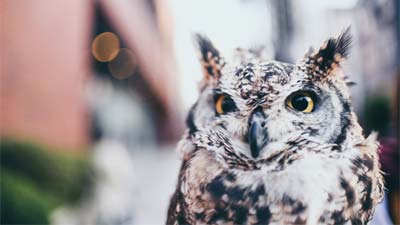 Other TopicsExploring The 7 Most Common Owl Species
Other TopicsExploring The 7 Most Common Owl Species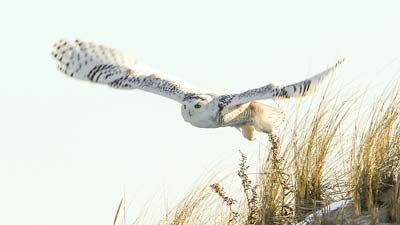 Other TopicsThe Speed and Flight Abilities of Owls: How Fast Can They Fly?
Other TopicsThe Speed and Flight Abilities of Owls: How Fast Can They Fly?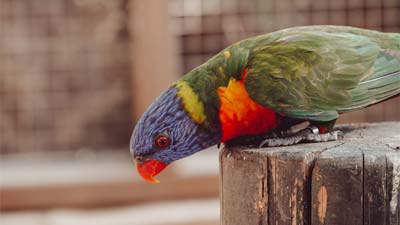 Other Pets, Pet BirdsThe Lineolated Parakeet: A New Owner's Guide (What To Know)
Other Pets, Pet BirdsThe Lineolated Parakeet: A New Owner's Guide (What To Know)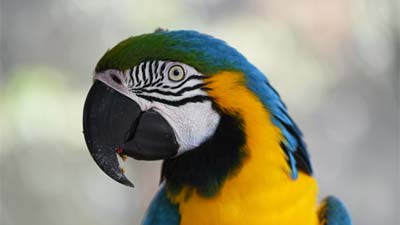 Other Pets, Pet BirdsThe Pionus Parrot: A New Owner's Guide (What To Know)
Other Pets, Pet BirdsThe Pionus Parrot: A New Owner's Guide (What To Know)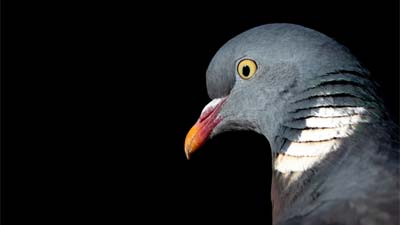 Other Pets, Pet BirdsThe Dove: A New Owner's Guide (What To Know)
Other Pets, Pet BirdsThe Dove: A New Owner's Guide (What To Know)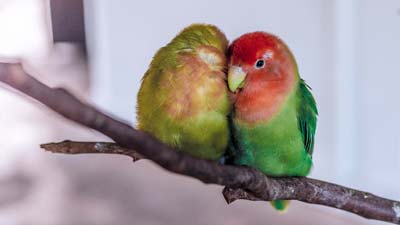 Other Pets, Pet BirdsThe Lovebird: A New Owner's Guide (What To Know)
Other Pets, Pet BirdsThe Lovebird: A New Owner's Guide (What To Know)